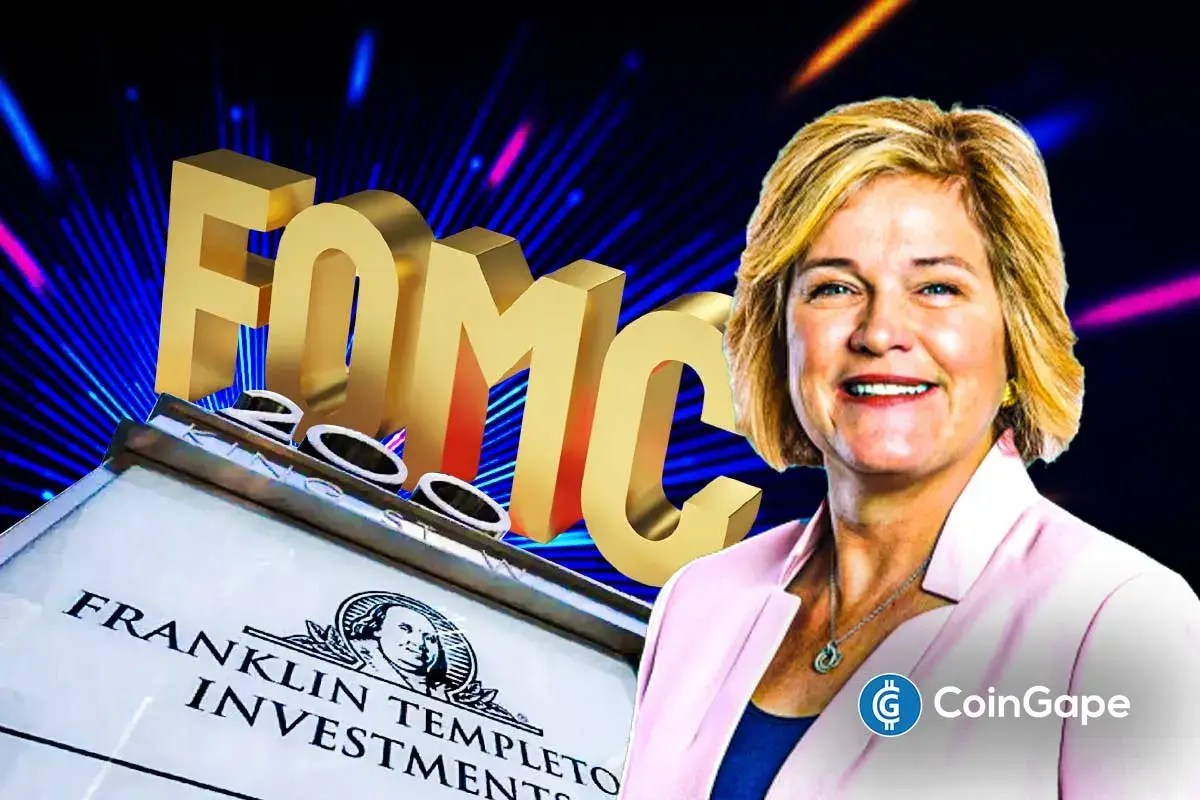The U.S. Department of Justice files civil forfeiture lawsuit for over $225 million in crypto fraud funds
PANews reported on June 18 that according to an official announcement, the U.S. Department of Justice filed a civil forfeiture lawsuit in the U.S. District Court for the District of Columbia, targeting more than $225.3 million in cryptocurrencies. According to investigations by law enforcement agencies such as blockchain analysis, these cryptocurrencies are related to the theft and laundering of funds from victims of crypto investment fraud. The relevant addresses constitute a complex money laundering network, and hundreds of thousands of transactions are executed to disperse the stolen funds to conceal the source. The head of the Criminal Division of the Department of Justice said that this move is to protect the public and will do its best to recover the funds. The U.S. Attorney for the District of Columbia said that his office is leading the fight against such scams and will return the seized funds to the victims. It is reported that more than 400 suspected victims have suffered losses due to fraudulent investments. The agent in charge of the U.S. Secret Service's San Francisco Field Office said that the funds seized this time are the largest cryptocurrency seizure in the history of the agency.
You May Also Like

PEPE ($PEPE) Leads Top MEME Projects by Social Activity

Franklin Templeton CEO Dismisses 50bps Rate Cut Ahead FOMC
